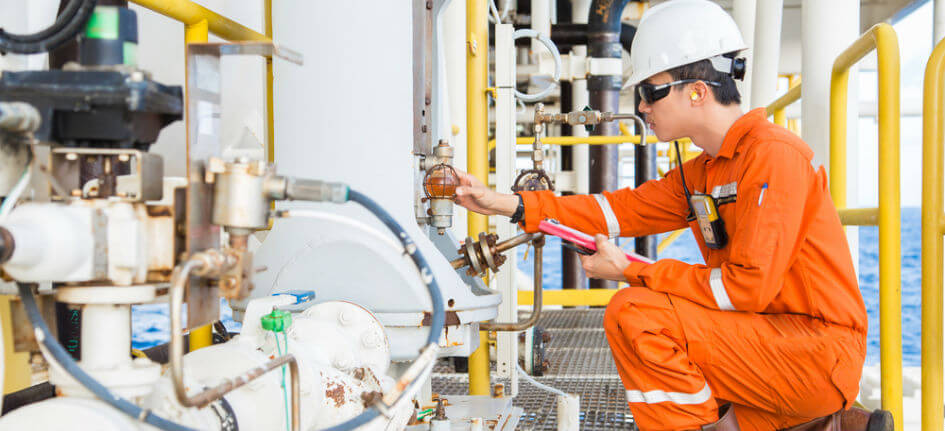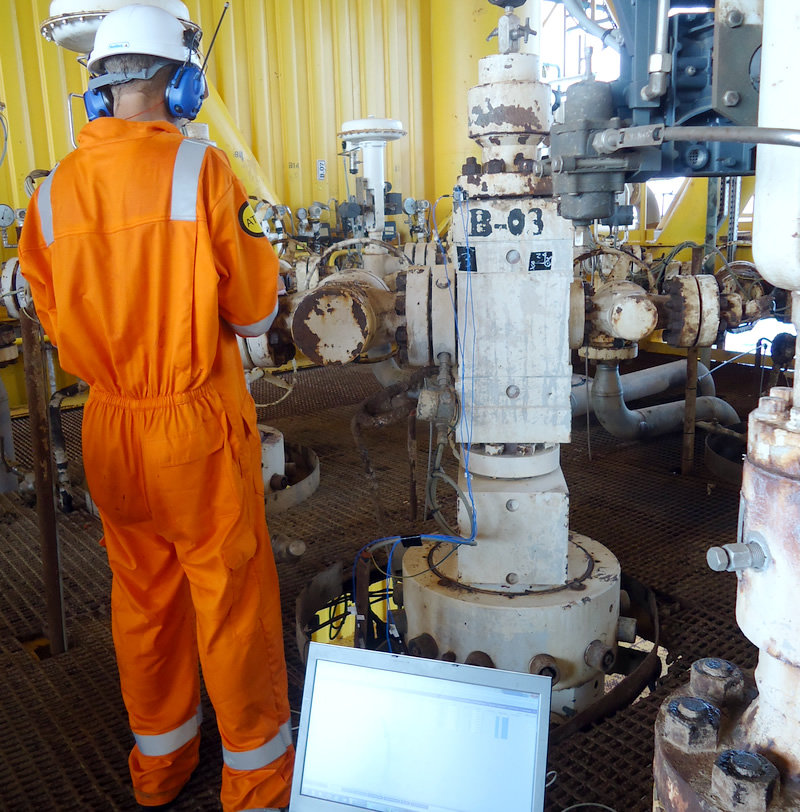

The program assumes familiarity with troubleshooting and maintenance of rotating equipment. It adopts the approach to understanding the failure of all types of pumps and compressors. From a component-by-component perspective, the program investigates the root causes of failure, and relates these to operating conditions and process parameters. Installation, lubrication and wear related failure mechanisms are identified and a detailed understanding of the troubleshooting and diagnostic methods needed to detect and identify these is developed. The program provides participants with the knowledge needed to be effective in the inspection, monitoring and diagnostics of pumps and compressors, with emphasis placed upon the importance of a combined condition monitoring and strip-down inspection approach to maintenance. The main objective of this course is to enhance skills of plant personnel to increase productivity. This program aims to provide delegates with a comprehensive understanding of how to use a combined predictive and preventive maintenance approach to achieve maximum reliability and greatest understanding of any deterioration that may occur. This course focuses on the essentials to add to the skills of those who are responsible for plant equipment to reduce breakdowns and get more operation hour.
Plant and process engineers, operators, supervisors and team leaders and managers in maintenance engineering and production. It is suitable for those who expects to become involved at any stage in project application and applicable maintenance technologies. The seminar will also benefit anyone who wishes to update themselves on pump and compressor technology, judge the suitability of different types of rotating equipment's for their needs, and learn how to operate and maintain them for the benefit of their organizations
This interactive Training will be highly interactive, with opportunities to advance your opinions and ideas and will include;
TECHNOLOGY OF PUMPS
Maintenance: strip-down, assembly, inspection, clearance, adjustment.
OPERATION & PERFORMANCE
TECHNOLOGY OF COMPRESSORS
1.Reciprocating compressors technology and maintenance
2.Compression cycle of reciprocating compressors and basic calculations
Main Parts and Construction
3.Capacity control
4.Compressor Performance
5.Compressor Operation
Centrifugal Compressors Technology And Maintenance
1.Aerodynamic Components
2.Compressor Characteristics
3.Systems And Techniques Of Protection
4.Technology Of Maintenance
5.Troubleshooting
Gas turbine
Fundamental Thermodynamics:
Gas Turbine Components:
Gas Turbine Operation and Maintenance:
Steam Turbines:
LUBRICATION AND BEARING PROBLEMS
COUPLINGS & MISALIGNMENT
SEALS
Alignment Methods & Application
Introduction
Condition Monitoring protection
CDGA attendance certificate will be issued to all attendees completing minimum of 80% of the total course duration.
| Code | Date | Venue | Fees | Register |
|---|---|---|---|---|
| MI231-02 | 13-04-2026 | London | USD 6950 | |
| MI231-03 | 23-08-2026 | Riyadh | USD 5450 | |
| MI231-04 | 23-11-2026 | Istanbul | USD 5950 |

This aims to convey the latest thinking and best practice of machinery vibration monitoring and analysis via lectures, case studies, video films, and friendly software and course activities. The cours ...

This training program aims to provide the participants with comprehensive theoretical and practical knowledge and enhance their skills for the maintenance and operation of rotating equipment. Emphasis ...

Pumps and compressors are the tow pieces of equipment which are used in almost all manufacturing and processing plants. The effectiveness of their selection, specifications, operations, maintenance an ...

This course will introduce delegates to different types of pumps, compressors, turbines and associated equipment, such as bearings, seals, filters, separators, etc. The focus in the course will be on ...

Pumps and compressors are the tow pieces of equipment which are used in almost all manufacturing and processing plants. The effectiveness of their selection, specifications, operations, maintenance an ...

Rotating equipment is essential for gas and oil processing plants. The designers as well as the operating and maintenance staff are usually confronting with major issues regarding the reliability, opt ...

This course for industry aims to convey the latest thinking and best practice of machinery vibration monitoring and analysis via lectures, case studies, video films and program activities. The course ...
Providing services with a high quality that are satisfying the requirements
Appling the specifications and legalizations to ensure the quality of service.
Best utilization of resources for continually improving the business activities.
CDGA keen to selects highly technical instructors based on professional field experience
Since CDGA was established, it considered a training partner for world class oil & gas institution
3012, Block 3, 30 Euro Business Park, Little Island, Co. Cork, T45 V220, Ireland
Mon to Fri 09:00 AM to 06:00 PM
Contact Us anytime!
Request Info